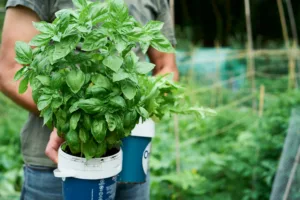Fifty artists from across Africa and Europe to bring music and heritage to life in the historic cities of Volubilis and Meknes.
Rabat – The 24th edition of the Festival International de Volubilis des Musiques Traditionnelles du Monde will take place from July 3-6, bringing together dozens of musical artists from Morocco and abroad for four days of cultural exchange and live performances across the historic cities of Volubilis and Meknes.
Organized by the Ministry of Youth, Culture and Communication, in partnership with the Prefecture of Meknes, this year’s festival highlights the rich tapestry of traditional music from different corners of the world. A total of 50 artists and groups are scheduled to perform.
Festival events will be held at iconic venues including the archaeological site of Volubilis, Place Lahdim, the main square of Meknes, and the Fkih Lamnouni Cultural Complex, offering a scenic and historical backdrop for the musical program.
According to the ministry, the festival is part of a broader strategy to preserve national cultural heritage while promoting artistic innovation and encouraging dialogue between Moroccan and global traditions.
Beyond music, the festival also aims to showcase the tourism and historical potential of locations like Moulay Driss Zerhoun and the old medina of Meknes.
This year’s lineup features traditional music troupes from Spain, Senegal, and Ivory Coast, alongside renowned Moroccan maâlems known for preserving genres like “Aïssawa” music.
The programming is designed to reflect diverse musical heritages and foster artistic connections.
As part of the festivities, the ministry will also pay tribute to four prominent Moroccan performers for their contributions to the performing arts and intangible cultural heritage: Mohamed Derham, Mohamed Saïd El Meftahi, Abderrahim El Amrani, and Aziza El Meknassia.
Now in its 24th year, the Volubilis Festival continues to establish itself as a leading platform for traditional music in Morocco, offering both cultural celebration and heritage preservation in one setting.
Read also: Why African Women Rely on Shea Butter
















